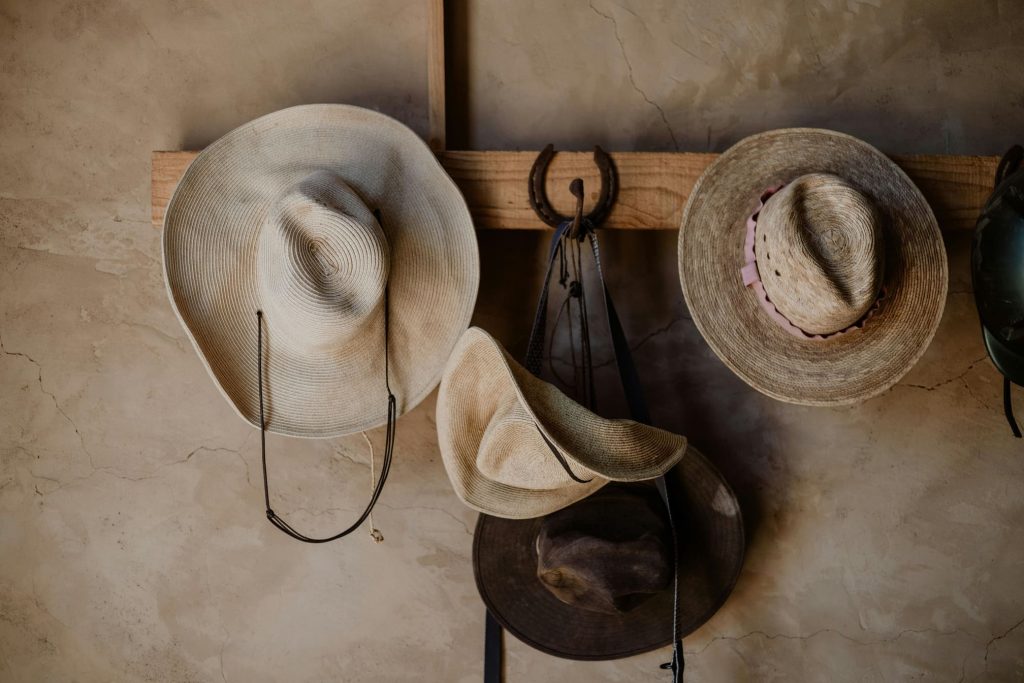
The Rise of Artisan Felt Hats: Small Businesses Tapping into Sustainable Luxury
Table of Contents
In a world increasingly conscious of sustainability, craftsmanship, and ethical consumerism, artisan felt hats are experiencing a revival like never before. Once considered a vintage staple, felt hats are now a symbol of mindful fashion, uniting style, sustainability, and the charm of handcrafted artistry. At the heart of this movement are small businesses and independent milliners who are rewriting the rules of luxury by championing eco-friendly materials, local production, and timeless design.
Felt Hats: A Classic with a Contemporary Twist
Felt hats, crafted from natural fibers such as wool, beaver, or rabbit fur, have a storied history dating back centuries. Traditionally worn for their durability, warmth, and elegance, felt hats were a status symbol during the 19th and early 20th centuries. Though their popularity dipped with the rise of casual wear, they’ve remained a favorite among stylists, musicians, and vintage enthusiasts.
Small Businesses at the Helm of the Revival
The most exciting evolution in the felt hat industry is not happening in large fashion houses but among small, independent businesses. These artisan-led brands are breathing new life into hat-making, blending traditional craftsmanship with modern aesthetics. Many of these businesses operate in small studios or family-owned workshops, where each hat is hand-blocked, sewn, and finished with care.
Sustainable Luxury Defined
The concept of “sustainable luxury” might seem contradictory at first glance, but artisan felt hats embody this beautifully. They sit at the intersection of eco-consciousness and timeless elegance.
Here’s how small businesses are making that happen:
Natural and Renewable Materials
Most artisan felt hats are made using wool felt—a biodegradable, renewable material sourced from sheep. Some high-end pieces use recycled felt or fur felt from certified ethical suppliers. This significantly reduces the environmental impact compared to synthetic alternatives.
Low-Waste Production
Unlike fast fashion that often relies on large inventories and surplus stock, artisan brands usually produce on demand or in limited runs. This reduces waste and allows for greater customization—ensuring each hat has a purpose and a home.
Longevity and Quality
A well-made felt hat can last decades, if not generations. This longevity plays a critical role in reducing the need for frequent replacements, aligning perfectly with circular fashion principles. Consumers are willing to invest more in a hat that holds its shape, character, and relevance over time.
Local Sourcing and Ethical Labor
Many small felt hat businesses proudly source their materials locally and maintain transparent supply chains. In doing so, they not only reduce carbon footprints but also support domestic economies and preserve heritage craftsmanship.
Personalization and Storytelling: The Heart of Artisan Appeal
One of the biggest draws of artisan felt hats is the element of personalization. Buyers are often allowed to select hat shapes, crown heights, brim widths, bands, and trims, making each hat a deeply personal statement. Some brands even offer hand-stitched initials, vintage hatbands, or locally sourced feathers and embellishments.
This bespoke approach turns each product into a story. In a time where consumers crave connection and meaning in what they wear, this is powerful. Customers aren’t just buying a hat—they’re investing in a piece of art, a reflection of their values, and often, a direct relationship with the maker.
Digital Platforms: The Catalyst for Growth
Interestingly, many of these small artisan businesses owe their rapid rise to digital platforms. Behind-the-scenes videos of hat-blocking, customer testimonials, and maker stories create immersive experiences that bring consumers closer to the craft. This transparency fosters trust and loyalty, driving repeat business and word-of-mouth referrals.
Challenges and the Path Ahead
Of course, the felt hat industry is not without challenges. Small businesses must navigate fluctuating material costs, limited production capacity, and the need for constant innovation to stand out. Yet, their agility and customer-centric approach often give them an edge over larger players bogged down by bureaucracy.
To stay competitive, many are collaborating with local artists, hosting pop-up events, and offering styling consultations. Some are even incorporating eco-friendly dyes, plant-based felts, and upcycled trims to further their sustainability credentials.
Read Also: A Proper Guide For Achieving Success With Guest Blogging
Conclusion
As fashion continues to shift toward ethical practices and sustainable materials, artisan felt hats are poised to remain a prominent fixture. They represent a harmonious blend of style, substance, and sustainability—an antidote to the disposable culture that has long dominated the fashion industry. In a world where what we wear says so much about who we are and what we stand for, the rise of artisan felt hats speaks volumes.
